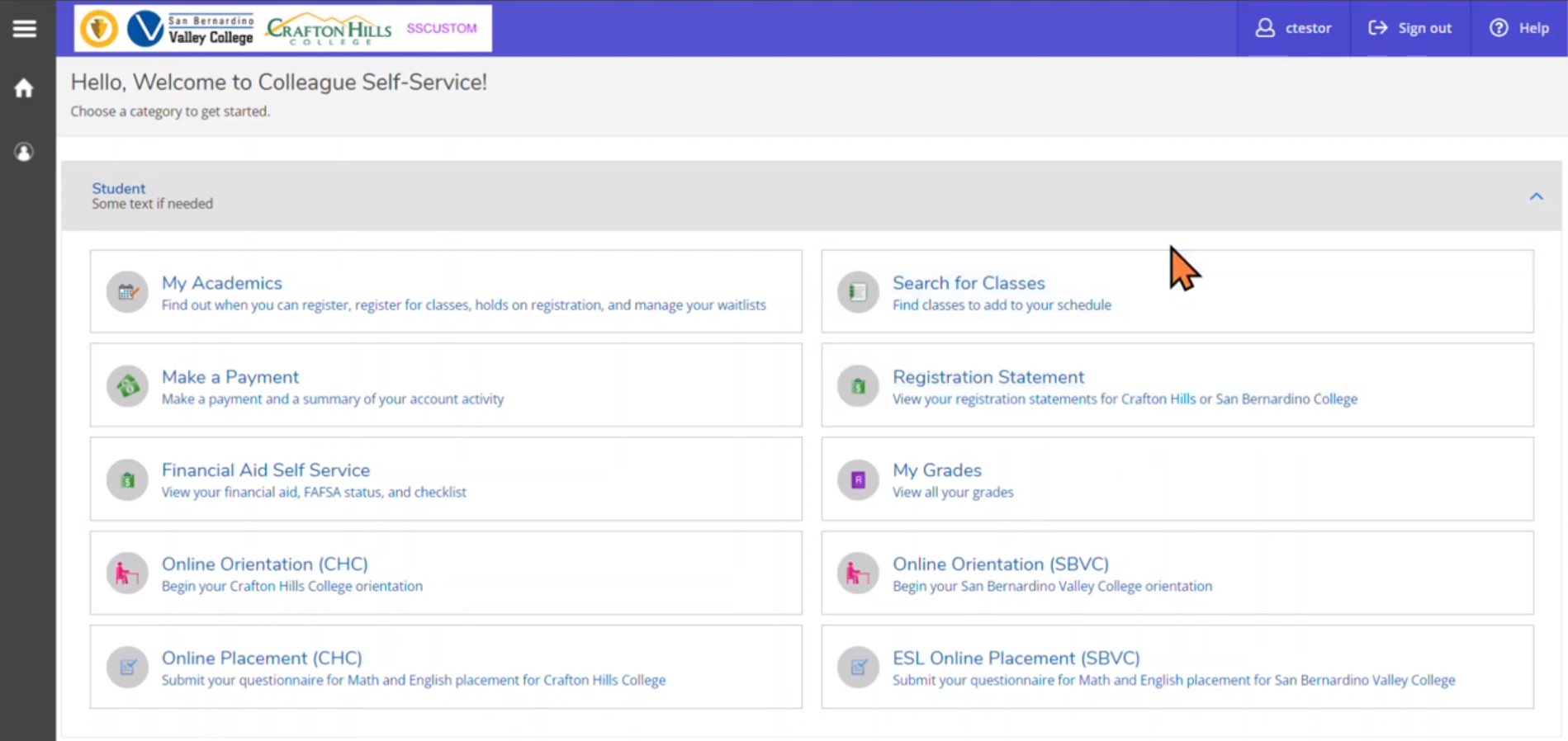Planning Introduction
Online classes were first offered at SBVC in January 1996. From those initial experimental sections--one section of physics, one section of philosophy--online learning has expanded dramatically. In the spring semester, 2011, fully 12% of all instruction at SBVC was delivered in an online or hybrid format. Online learning is no longer experimental; it is a major component of instruction at SBVC. But from the start, the motivation for offering online classes has always been to use technology to increase access to educational opportunities for a diverse community of learners.
As the online offerings grew at SBVC, the need for a formalized "institutionalization" of online learning became apparent. In the fall of 2002, a group of managers and faculty met to imagine the possibility of an "Online College" at SBVC. The Vice President of Instruction (VPI) at that time took the major leadership role and served as the institution's administrative oversight of online instruction, including the packaging of existing online classes into a viable way for students to complete an AA degree by taking online classes. After that VPI left the college for another position, a series of VPIs and interim VPIs demonstrated the need for another layer of institutionalization for online learning. So in 2006, the Online Program Committee (OPC) was established as a standing committee of the Academic Senate. The stated mission of the Online Program Committee is to advise "the Vice President of Instruction regarding all issues related to online learning at the College. The committee functions as a visionary body, as a conduit for information between faculty/administration/students, and as a technology advisory body for issues related to online learning." Initially, however, this committee was more reactive than proactive. That is, it responded to problems and issues rather than proactively, systematically constructing a trajectory for quality online instruction. But in the fall of 2010, it became clear that the Online Program Committee needed to construct an "Online Learning Plan" to systematically construct such a trajectory. Meeting both in person and online, the Online Program Committee began constructing such a plan. This document is a result of that planning process.
This plan presents a framework for what SBVC considers necessary for a high quality program of online learning. This plan should be viewed not as static, but as an ever-evolving document. Changes in Title 5, accreditation requirements, campus and district strategic plans, campus and district technology plans, as well as changes in technology itself demand that this plan be more the record of a process with a goal of continuous improvement of the online educational offerings at SBVC.


